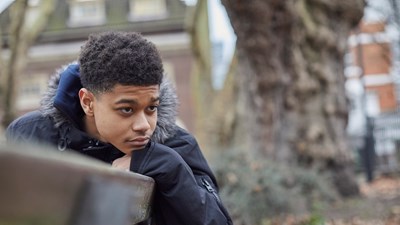Survey shows child protection a public priority for new legislation
Polling by NSPCC/YouGov asked two and a half thousand adults for their views on online grooming. The results show there is a broad consensus across the UK for stronger measures. We agree.
- 82% UK adults think social media companies should have a legal duty to work together to prevent cross platform grooming.
- 86% want the law to make companies work out how groomers and child abusers use their sites to abuse children or share abuse material and take action to prevent it.
- 82% would support the appointment of a senior manager, or safety controller, to be liable for children’s safety on social media sites.
- 65% of those with an opinion would support that manager being prosecuted if they failed to protect children from serious harm.
In addition, more than 40,000 people have signed our open letter to Culture Secretary Nadine Dorries, demanding she tighten the legislation to protect children from groomers.





